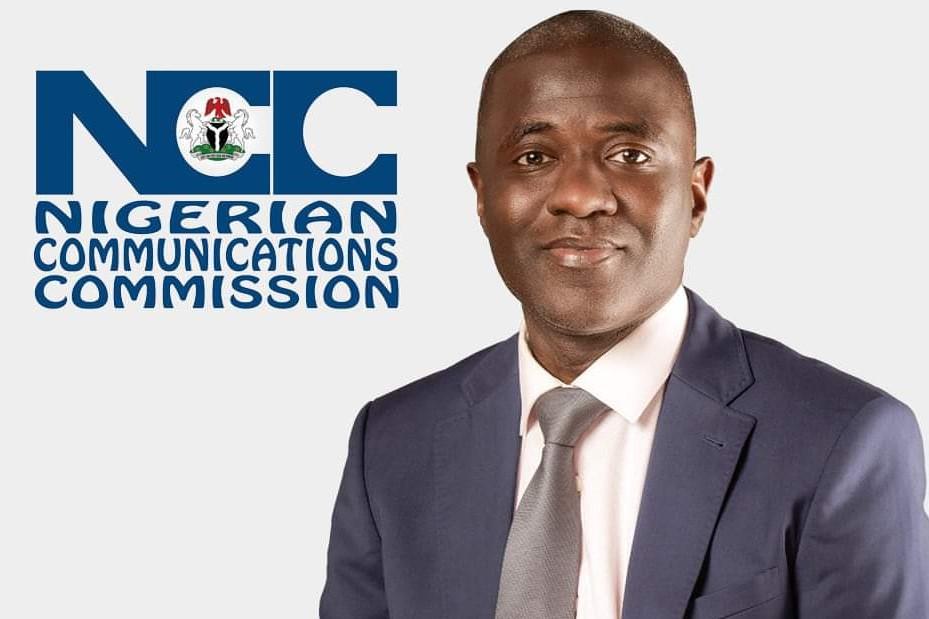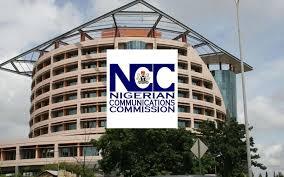Lagos, Nov. 22, 2023 – Dr. Aminu Maida, the Executive Vice Chairman and Chief executive of the Nigerian Communications Commission (NCC), has promised to review the stalled Infrastructure Company (InfraCo) licensing project in the bid to achieve 70% broadband penetration on target.
Maida made the promise during his maiden meeting with chief executives of telecommunication companies in Lagos last weekend.
He said the InfraCo project would be reviewed as part of strategies to achieve the target of 70% broadband penetration by 2025 as targeted by the Nigeria National Broadband Policy (NNBP 2020-2025).
The Infraco project was initiated under Prof Umar Danbatta, a former Chief Executive of NCC.
The project was to facilitate the achievement 70% broadband penetration in the country by 2025, but it has failed to take-off seven years after it was initiated.
Under the project, seven companies were licensed to deploy fiber infrastructure across the country to achieve the planned 70% broadband penetration by 2025.
The failure of the project was said to have been caused by some challenges of high charges on Right of Way (RoW) imposed by some states, amongst others.
Maida, however, said the project would be reviewed as part of the renewed efforts to deepen broadband penetration in the country.
“A lot has been done with the Infrastructure Company (InfraCo) licensing. We just have to re-imagine, look at it again, and see whether that is the right approach and re-imagine how we approach it.
“We now need to start getting into the states, and perhaps we might need to sit down and see how we can do that differently.
“Again, on the broadband issue, we need to increase the investment.”
Maida urged the telecom operators to collaborate with government to achieve its set targets.
He said that delivery of high that quality of service in the telecommunications sector was non-negotiable, stressing that the operators had important roles to play in the consolidation of the gains already achieved in the sector.
“People actually expect telecom services to work. I don’t think they really appreciate what it takes to deliver these services.
“So, it has come to a stage where they just see telecom service as a utility like water and electricity. Like a social service, it needs to work. We need to really come together in the industry and deliver value to the customer.
“When it comes to compliance, this is an area where we are going to be placing a lot more focus, and things are going to be a lot more urgent. I am not going to be asking for compliance after the fact.
“That is going to be a very key area of focus for me. So, we owe it to ourselves to benchmark ourselves against the best, not against other sectors.
“We have to just take ourselves as setting the benchmark for every person else. So, let people compare and say we have to be as good as telecom.” (GBN)




